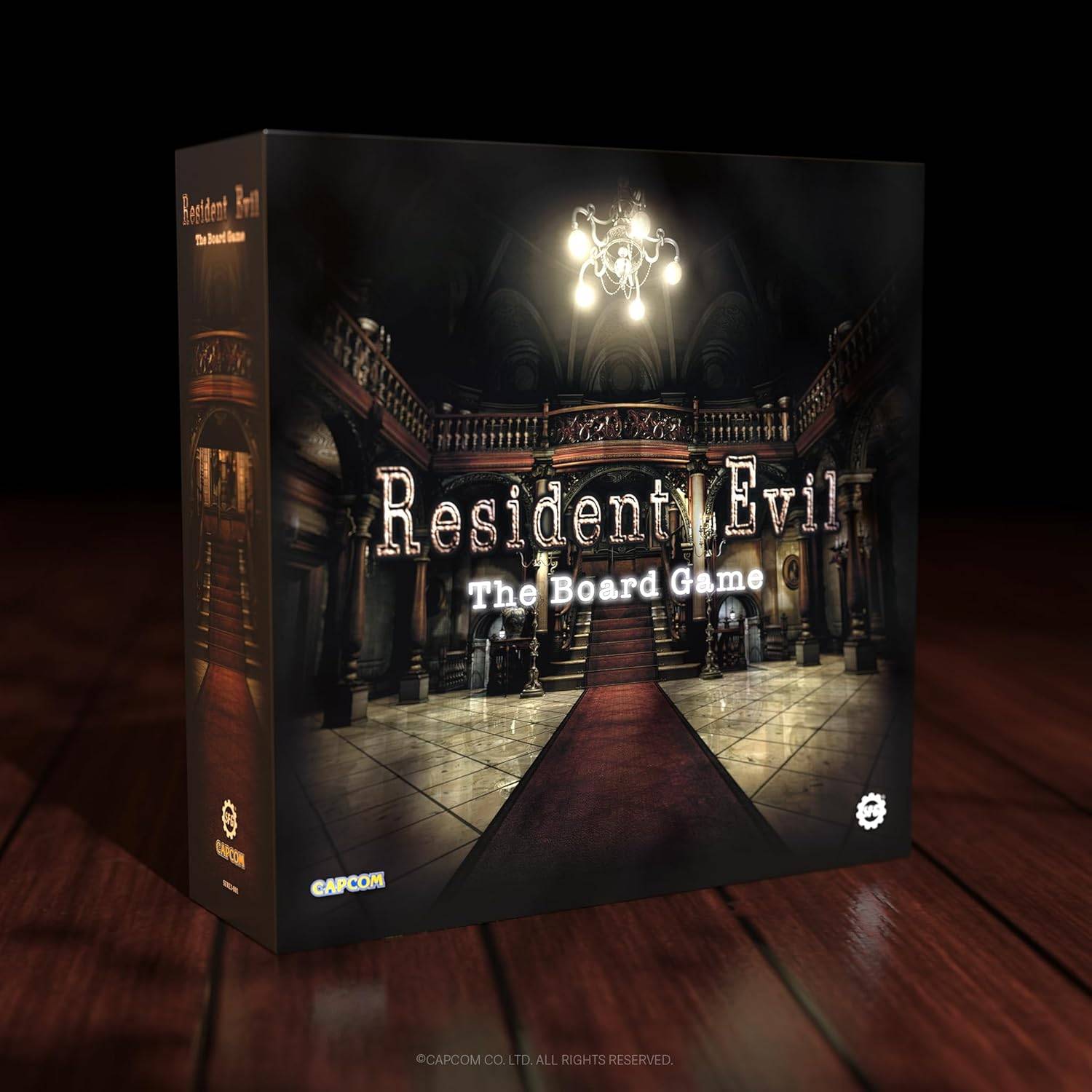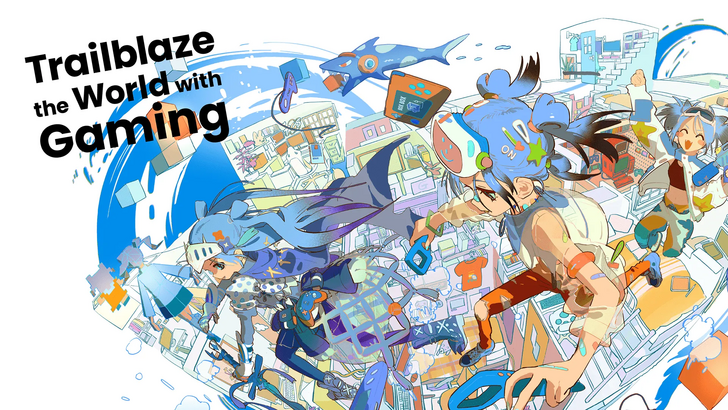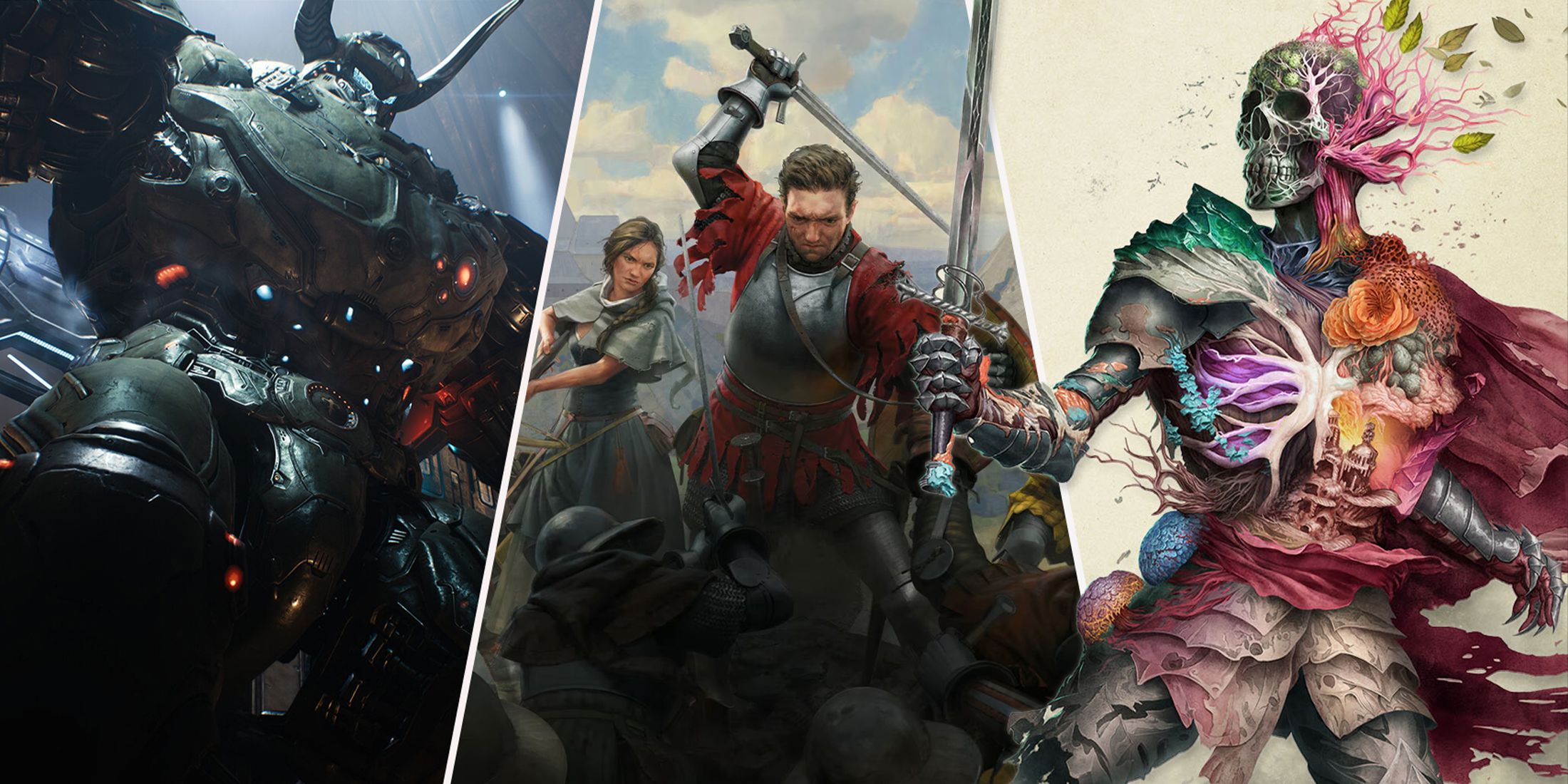
The "AAA" label in game development is losing its relevance, according to many developers. Initially signifying massive budgets, high quality, and low failure rates, it's now widely seen as a marker of profit-driven competition that stifles innovation and compromises quality.
Revolution Studios co-founder, Charles Cecil, calls the term "silly and meaningless," a relic of a period where increased publisher investment ironically led to a decline in quality. He argues that the industry shifted negatively during this era of inflated budgets.
Ubisoft's "AAAA" title, Skull and Bones, serves as a prime example. A decade-long development cycle culminated in a failed launch, highlighting the emptiness of such labels.
Criticism extends to other major publishers like EA, frequently accused by players and developers of prioritizing mass production over audience engagement.
Conversely, independent studios consistently deliver titles that surpass many "AAA" games in impact. Games like Baldur's Gate 3 and Stardew Valley prove that creativity and quality outweigh budget size.
The prevailing belief is that profit maximization stifles creativity. Developers are hesitant to take risks, resulting in a stagnation of innovation within big-budget games. A fundamental shift in industry approach is necessary to recapture player interest and inspire future game creators.




















